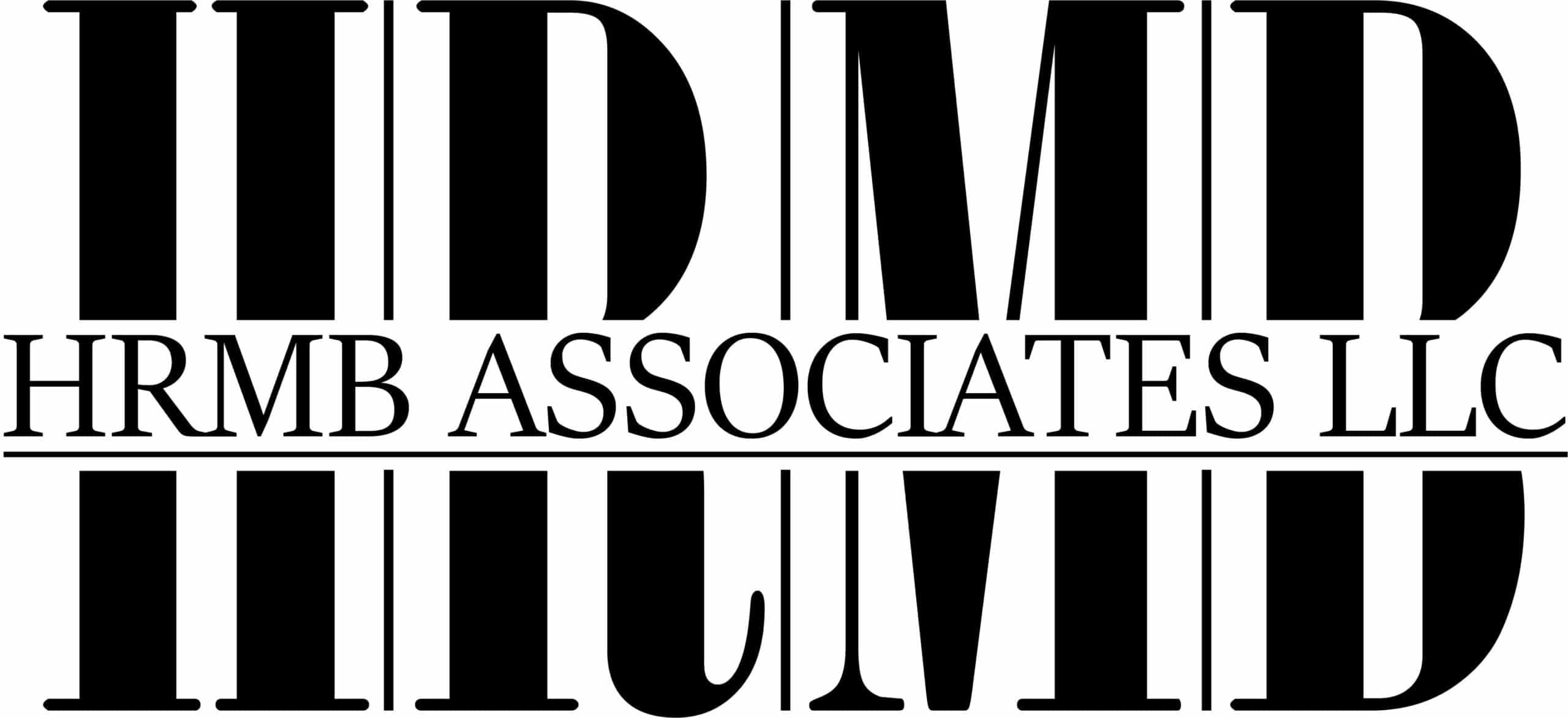Tax Planning

Tax planning is the analysis of finance that aims to reduce one’s tax liabilities and enables one to optimally utilize tax exemptions and tax rebates as much as possible. Tax planning incorporates making proper financial and business decisions that minimize tax incidence. This strategic planning helps you legitimately avail the maximum tax benefits by following all the tax laws. Moreover, tax planning helps you plan your finances right at the beginning of the fiscal year instead of updating them at the last moment.
During tax planning, tax deductions and tax credits play important roles. Knowing both these terms can reduce your tax bill in very different ways. These concepts can help you create some of the effective tax strategies that would eventually reduce your tax bill.
Tax Deductions: These are the expenses that define how much of your income is subject to taxes. Subtracting these specific expenses that you have incurred can reduce your payable tax by a considerable amount.
Tax Credits: The tax credit is a tax incentive that allows you to make a dollar-for-dollar reduction in your tax bill.
Why Should You Plan Your Tax?
Tax planning decreases the tax liability by arranging the financial operations of the taxpayers according to tax decisions. It also conforms to the provisions under taxation laws, thereby minimizing any lawsuit. The most significant benefit of tax planning is that the returns can be used for investments. In tax planning, it is the most productive way to make smart investments by fully utilizing the resources available due to tax benefits. Moreover, investing tax money generates white money that aids the country’s economic development. Hence, tax planning not only boosts an individual’s finance but also aids the country’s economic stability.
What Are The Types Of Tax Planning?
There are following three major types of tax planning:
Short and Long-range Tax Planning: This is the planning executed at the fiscal year’s beginning and end. Tax planning which is done every year for specific objectives, is called short-range tax planning. On the other hand, long-range tax planning is the practices undertaken by the assessee that are not paid off immediately.
Permissive Tax Planning: Tax planning is called permissive when carried out under the provision of a country’s taxation laws.
Purposive Tax Planning: This is the tax planning method with a specific objective. It includes risk management of business and income assets based on residential status.
Objectives Of Tax Planning
Tax planning is a part of your financial planning that helps reduce your tax liability and helps you plan your financial goals as per your needs. The following are the objectives of tax planning:
- Reduced Tax Liability
- Productive Investment
- Economic Growth
- Minimization of Lawsuits
- Economic Stability
How To Get Started With Tax Planning?
The following are simple steps to start with tax planning:
Step 1:The first step is to take the total income into your account. In this step, you are required to accurately access your annual and monthly income.
Step 2: Next, evaluate the taxable aspects of your income. Housing and rent allowances included in the salary are not considered taxable. However, profits made from investments add to taxable income. Hence understanding one’s taxable income is the primary requisite for planning taxes.
Step 3: The third step is making the deductions to reduce the taxable income. One can do this by structuring salary and proper planning of investments.
Step 4: The final step involves investing in tax-saving instruments like life insurance plans, health insurance, unit-linked insurance plans, equity-linked tax saving schemes, public provident fund, national saving certificates, infrastructure bonds, and many more.


